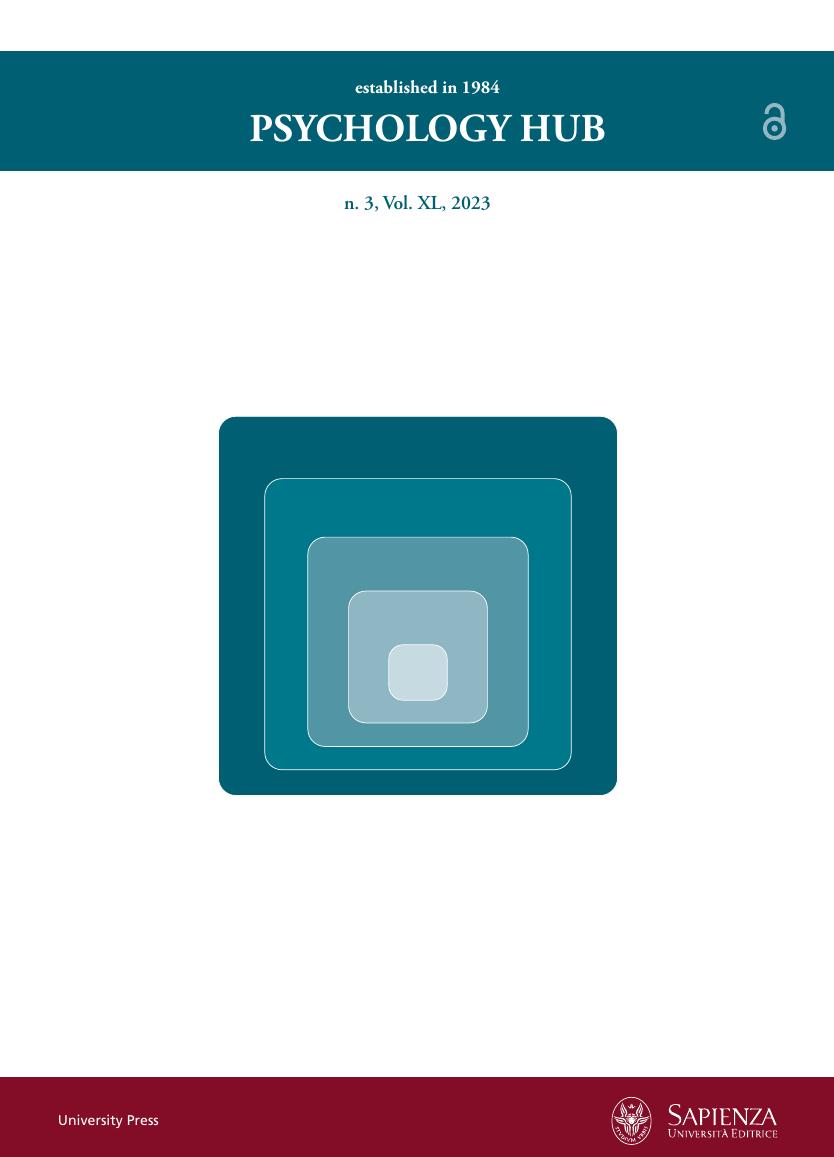Leadership Effectiveness of Lesbian and Heterosexual Women: The mediational role of masculinity and femininity
DOI:
https://doi.org/10.13133/2724-2943/18069Keywords:
Leadership, Lesbian, Effectiveness, Masculinity, FemininityAbstract
Women still face social barriers when confronted with managerial positions, typically associated with the male domain. These barriers may be thought to be even more pronounced for lesbian women who are often discriminated against due to their sexual orientation. Perceptions of femininity and masculinity have recently caught the attention of scholars interested in leadership effectiveness perception
associated with sexual minorities. If on the one hand being perceived as masculine may represent an advantage within the work context, some research suggests that conforming to gender roles by holding feminine traits is also important for female candidates. In the present study, we aimed at investigating the relationship between sexual orientation and leadership effectiveness perception. We specifically examined female leaders’ perceived masculinity and femininity as potential mediators of this relationship. 290 heterosexual participants rated a lesbian vs. heterosexual woman by rating her leadership effectiveness as well as masculinity and femininity. Results
showed that being lesbian was associated with higher levels of masculinity and lower levels of femininity. Yet, only femininity was positively associated with leadership effectiveness, thus suggesting the importance of conforming to gender roles within the work environment. This study contributes to the literature on sexual minorities and leadership perception, by specifically focusing on how lesbian women may be perceived in work-related contexts and shed light on the role played by gender role-conforming perceptions when evaluating both heterosexual as well as lesbian individual’s leadership effectiveness perceptions.
Additional Files
Published
How to Cite
Issue
Section
License
Copyright (c) 2023 Psychology Hub

This work is licensed under a Creative Commons Attribution-NonCommercial-ShareAlike 4.0 International License.





